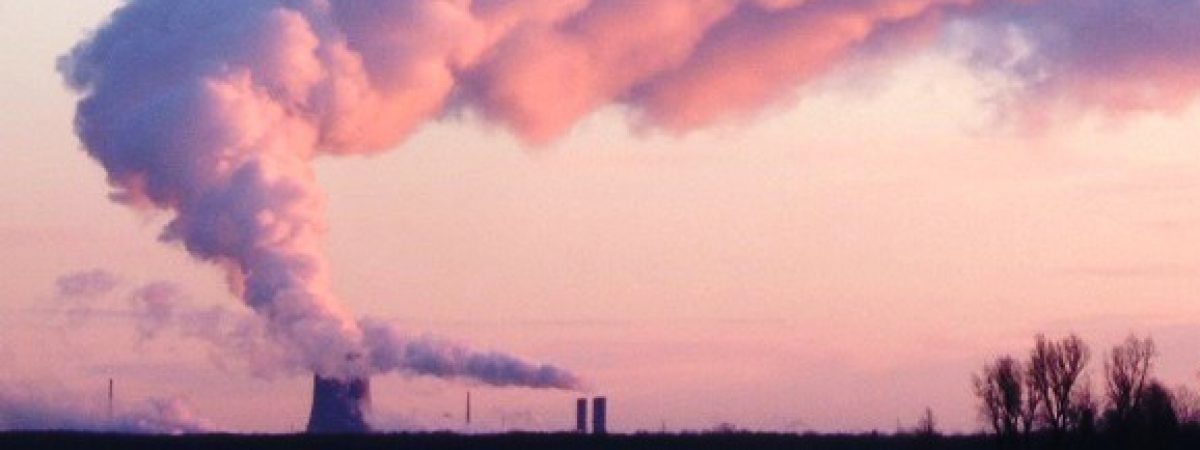Sometimes I just don’t have time to put together an article about specific posts I have read about the net-zero transition and climate change that I think are relevant. This is a summary of posts that I think would be of interest to my readers.
I have been following the. Climate Leadership & Community Protection Act (Climate Act) since it was first proposed and most of the articles described below are related to the net-zero transition. I have devoted a lot of time to the Climate Act because I believe the ambitions for a zero-emissions economy embodied in the Climate Act outstrip available renewable technology such that the net-zero transition will do more harm than good. The opinions expressed in this article do not reflect the position of any of my previous employers or any other company I have been associated with, these comments are mine alone.
Videos
Four reasons renewables are rubbish h/t TS
New York’s climate law – how do we move forward?
New York March To The Great Green Energy Future
Francis Menton uses the work of Nuclear New York to describe the status of the New York transition to net-zero. He concludes:
Out of 152.3 TWh of electricity produced or imported in 2023, fossil fuels continued to provide 63.3 TWh (41.5%). Most of the imports (14.5%) are undoubtedly from fossil fuels as well. Wind/solar/other provided just 12.1 TWh, or 7.9% of the total, barely up from about 6% in 2019. And that’s now suddenly going to go to 70% by 2030? Ridiculous. Meanwhile, the big story leaps off the page, as the Nuclear New York guys emphasize in the headline. The State forced the premature closure of two nuclear plants in 2020 and 2021, which caused the (carbon free) nuclear share of the total to drop from about 29% to only 18%; and almost all of that was taken up by two new natural gas plants, causing the fossil fuel share of the total to soar from only 34% to 41.5%. No person looking at this chart would ever conclude that New York has spent the past five years embarked on a crash program to replace fossil fuels with wind and solar. That process is going absolutely nowhere.

Ed Reid, Jr. discusses issues associated with consumers paying for the costs of the net-zero transition. Reid explains that the proposed electric system that depends upon wind and solar changes the cost allocation dynamics. It is evident in New York that the money needed to just upgrade the grid are leading to marked rate increases. I thought this was interesting:
Electric utilities earn a return on net physical plant in service (rate base). They are therefore faced with a Hobson’s Choice. Utilities could require that the intermittent renewable generation attached to their grids be dispatchable, in which case the investment in storage would be made by the renewable developers, increasing their delivered electricity costs, while the utilities” rate base and earnings potential declined as fossil generation was removed from service. Alternatively, the utilities could invest in the storage required to stabilize renewable generator output, increasing the utilities’ rate base investment and earnings potential, while accepting responsibility for increasing electricity costs.
In my opinion, renewable energy developments should be paid one rate for dispatchable power and a much lower rate if not dispatchable. This would reveal the true cost of their electricity and hasten the inevitable backlash of the transition because it is unaffordable.
Another Take on Alarmist Motives
John Robson at Climate Discussion Nexus argues that the arguments that climate alarmism is a fraud is wrong. In response to claims that the manipulated temperature data record is a scam he writes:
We take a very different view of al the deliberate and highly unscientific tampering with evidence. We think the zealots at NOAA, and a great many other places, are not trying to scam us with claims they secretly think are untrue. Instead, they are so utterly persuaded that their alarmist theory is right that when the data don’t fit it, as happens often, they conclude that the data must be wrong. For one thing, if they were cheating on purpose, they’d hide it better. And for another we think that after a while the perpetrators of a known fraud would tire of constantly lying. It’s easier to believe climate alarmists are wedded to a flawed theory and have constructed ingenious ways to rationalize its many failures without having to face the possibility that it might be untrue.
Ron Clutz at Science Matters describes an article by John Tamny that explains the root cause of fears about global warming/climate change in his Real Clear Markets article Warming and Left Wing Professors Worry You? You Must Be Rich. He argues that the worries about climate change come from individuals that do not have to worry about weather extremes because, in large part, fossil fuels have made their lives safer and better. The result is that they have time to worry about less important issues. This inability to balance risks and benefits is very frustrating to me and I agree with Tamny that it is a primary driver of the climate risk scare.
Offshore Wind Environmental Impact Assessment
I do not believe that the Hochul Administration has adequately addressed the Climate Act impacts on reliability, affordability, and the cumulative environmental impact of all the wind and solar projects necessary for the net-zero transition. David Wojick describes the Bureau of Ocean Energy Management Programmatic Environmental Impact Statement for a combination of coming offshore wind projects and concludes that this analysis is a joke. If you share my concerns about the impacts, please submit comments by February 27. There is a link to submit comments here.
CO2 Effect on Climate – Miniscule
Pierre L. Gosselin writing at the No Tricks Zone has compiled a list of 160 papers that have found extremely low CO2 climate sensitivity. The correlation between rising global temperatures and increasing CO2 concentrations does not prove causation!
Professor Richard Lindzen explains that the notion that global average temperature anomaly constitutes ‘climate’ is attractive due to its simplicity. Unfortunately, that doesn’t mean that it is correct.

